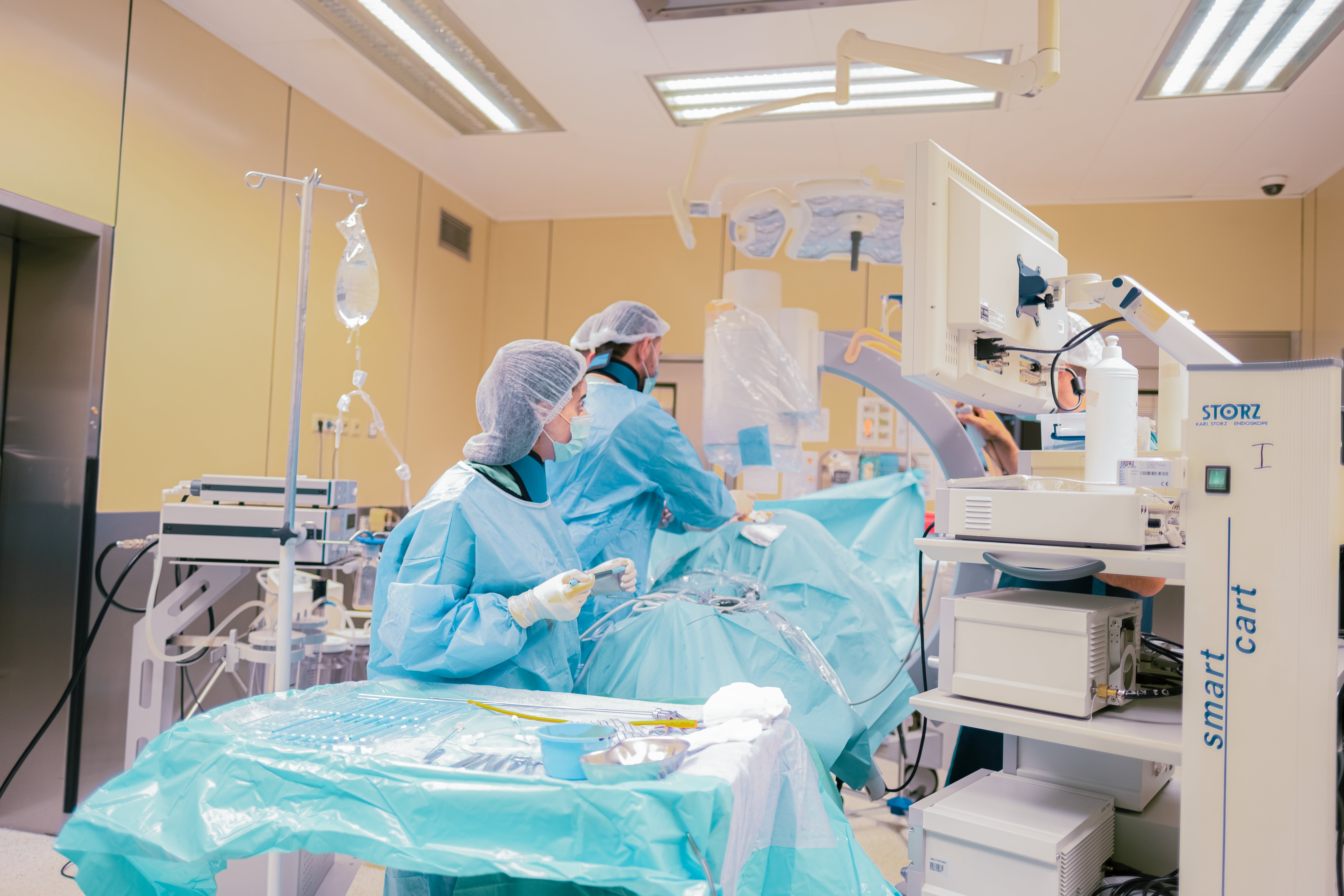Digestive System
Hernia: What are its Types, Symptoms, Causes, and Treatment?
By S.I. (staff writer) , published on January 05, 2024

Medicine Telehealth Health weakness abdominal wall
What is Hernia?
The peritoneum is a membrane that lines the abdominal cavity and encloses abdominal organs. Hernias are usually formed when a part of the bowel or peritoneum pushes through a gap in the abdominal wall. The protruding pouch is known as hernia or hernial sac. [1]
The hernial sac may contain parts of the stomach or bowel. The hernia can usually be seen from the outside. The potential hazards a hernia can cause depend on where it is and how big it is.
What are the Types of Hernias?
Hernias are of the following types depending on their anatomical location:
- Inguinal
- Femoral
- Incisional
- Umbilical
- Epigastric
- Diaphragmatic hernias
- Para-umbilical
The Hernias that cannot be seen from the outside are referred to as, "internal hernias".
The symptoms caused by hernia vary depending on the type of hernia. They usually do not go away on their own except for umbilical hernias in babies. Surgical treatment is the only option available for hernias.
What are the Symptoms of Hernia?
The patient usually presents because of the complications associated with the Hernia. The diagnosis is based on the observation of a bulge in the suspected area of pain [2].
The bulge may not be constant but intermittent depending on the pressure. The common symptoms of different types of hernia are as follows:
- Pain
- Discomfort
- Extreme aches when standing, straining, or lifting heavy objects
- The growing bump is getting sore and painful
When a hernia grows to a large size, it gets stuck in the hole and loses its blood supply. This is called strangulation. The symptoms at the site of strangulated hernia are as follows [3]:
- Pain
- Swelling
- Nausea
- Vomiting
- Inability to pass flatus and stool
- Sluggish or no bowel movements
A strangulated hernia is an emergency that needs urgent surgical intervention.
What are the Causes of Hernia?
The ultimate causes of all hernias are a combination of pressure and the opening or weakness of a muscle or fascia. [4]
The pressure pushes the organ or tissue outside through the opening. Sometimes, muscle weakness is present at birth but becomes evident only later in life.
Situations that increase abdominal pressure can also cause a hernia, such as lifting heavy objects without stabilizing the abdominal muscle, diarrhea, constipation, persistent coughing, and sneezing.
What are the Treatment Options for Hernia?
If the hernia is asymptomatic, small in size and the risk of complication is low, surgery may not be required immediately. Surgery is the only treatment for enlarged and painful hernias to reduce pain and prevent future complications [5]. There are two types of surgeries for hernia:
- Hernioplasty
- Hernioraphy
The surgery helps in the following ways:
- Repairs the weekend Fascia
- Closes any holes
- Hernia closed with stitches
- Hernia closed with mesh patches to plug the hole
In children, Umbilical Hernia usually heals by the time they are 2 years old. An umbilical hernia that does not heal on its own by the time a child is 5 years old will likely be removed by surgery.
References:
- https://www.ncbi.nlm.nih.gov/books/NBK395554/
- https://emedicine.medscape.com/article/189563-clinical
- https://medlineplus.gov/ency/article/000960.htm
- https://www.webmd.com/digestive-disorders/understanding-hernia-basics
- https://www.mayoclinic.org/diseases-conditions/inguinal-hernia/diagnosis-treatment/drc-20351553
Find articles related to: Medicine Telehealth Health weakness abdominal wall
More articles about Digestive System
Back to the Health Tips Index




